Black Lives Documentary Series
-
Black Lives: Struggle. Still dreaming of racial justice in St. Louis' black neighbourhoods
-
Black Lives: Liberty Maze. Inside America’s homeless epidemic
-
Black Lives: Hope . Gospel or gangsta rap, same message, different vibes
-
Black Lives: Truths. Residential segregation legacy keeps America divided
-
Black Lives: Agents of Change. Failing schools versus community education in America
-
Black Lives: Illusion. Teenage motherhood, single-parent families, and the child poverty trap
-
Black Lives: Addiction. Insiders speak about the murky drug trading world in the US
-
Black Lives: Deadlock. Black Lives Matter vs the Ku Klux Klan: Racial tensions spark anger in the USA
-
Black Lives: Doom . Choosing between good and bad in black US neighbourhoods
-
Black Lives: Trap. Why civil rights aren’t enough to make the American Dream come true
Black Lives: Illusion. Teenage motherhood, single-parent families, and the child poverty trap
Many Black children are born to teenage mothers and grow up poor in single-parent families. In Episode 6, RTD looks at what’s keeping so many African American families in the poverty trap.
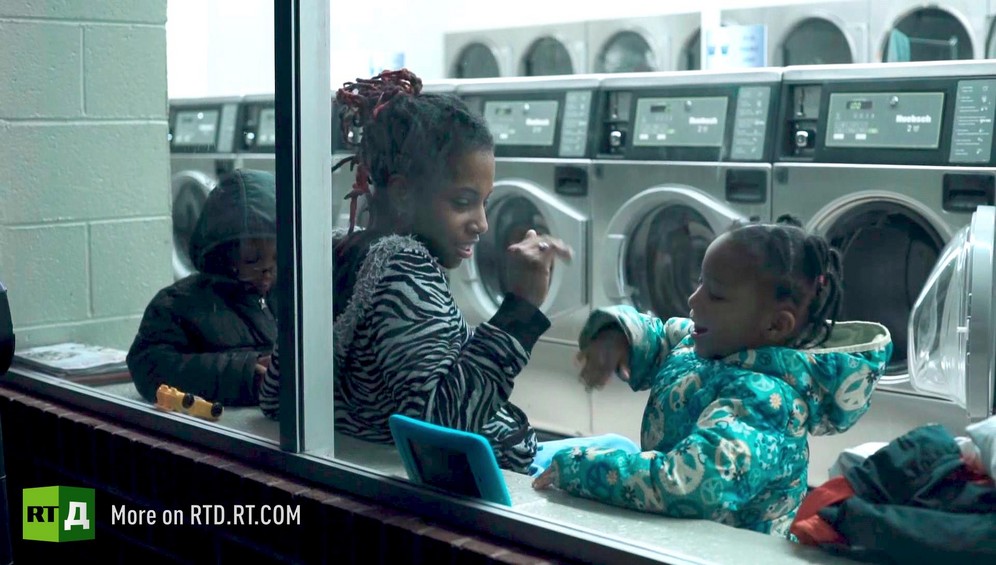
Teen fathers are more likely to drop out of high school. If they dabble in drugs, they end up in jail and then find it hard to get a regular job. This sets off a cycle of crime and incarceration that keeps them away from their children.
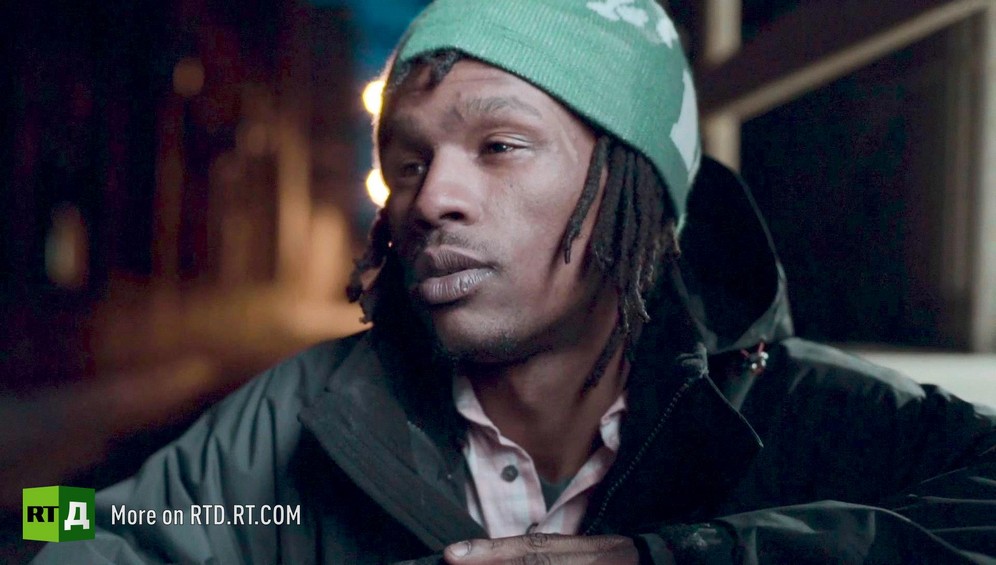
For instance, Jimmy was a crack baby and high school dropout. When he was seventeen, he became a father as a result of a short-lived relationship. Jimmy tells RTD he loves his daughter and would do anything to protect her. However, “trying to be the boss” involves crossing a few lines.
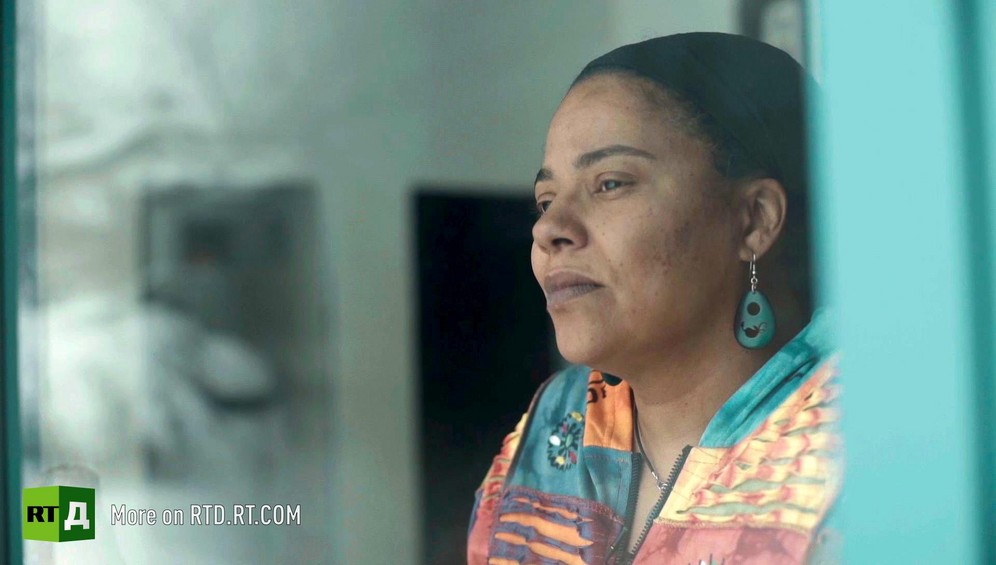
Dina Blackwell, a church worker and community organiser from Pittsburgh, believes that expecting teenage parents to have the maturity to bring up a baby is unrealistic: “They can’t even drive yet, vote, go to a club, but they want them to be parents. It doesn’t make sense,” she points out. Neglected by sporadically involved dads and overworked moms, their children end up repeating the pattern of single-parenthood and poverty.
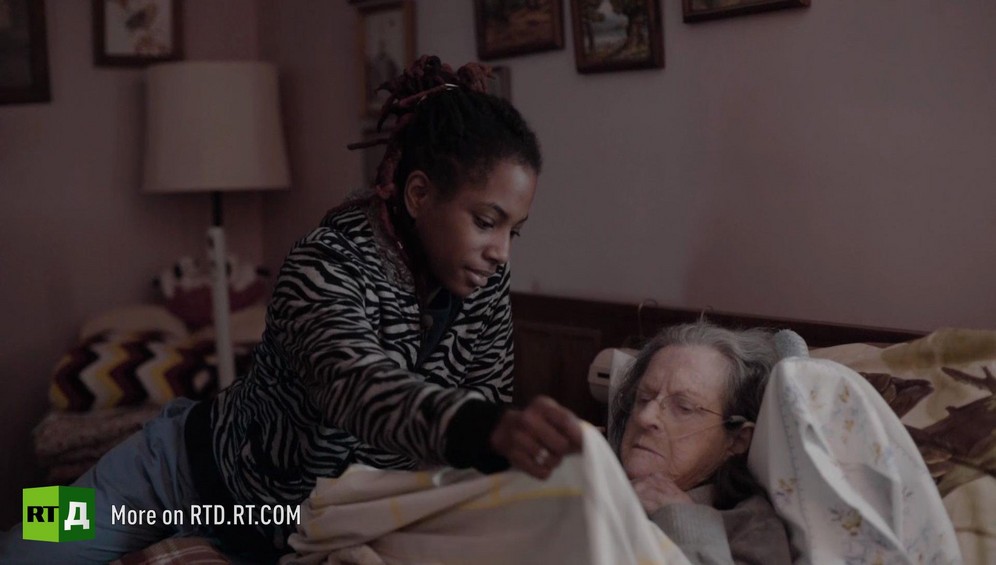
Even women who wait until their twenties to have children find being a single mother difficult because there’s no one around to soften the blow when things go wrong. Miracle is a qualified care partner for elderly patients. Both her marriage and her car broke down at the same time, setting off a chain of events that forced her to apply for government assistance.
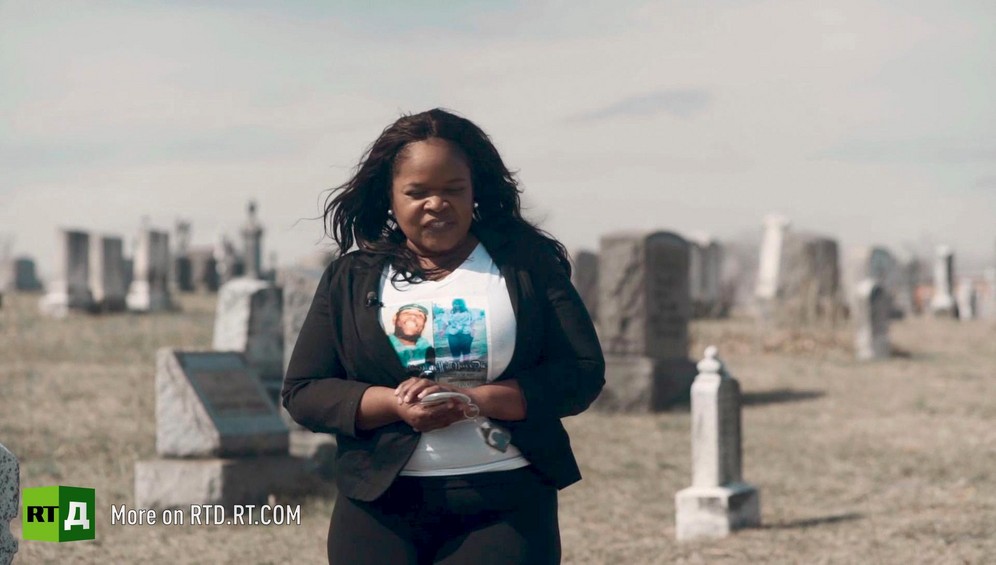
Welfare has proven to be a lifeline in her situation, as it includes day care, which has allowed her to go back into work. Although she is grateful for the help, she acknowledges the perverse aspects of the system: once her earnings reach a certain level, all aid is withdrawn. She tries to remain strong for her son and daughter, but when the support runs out, she may have to make heart-breaking decisions to survive.